Book Query Letter Template for Writers
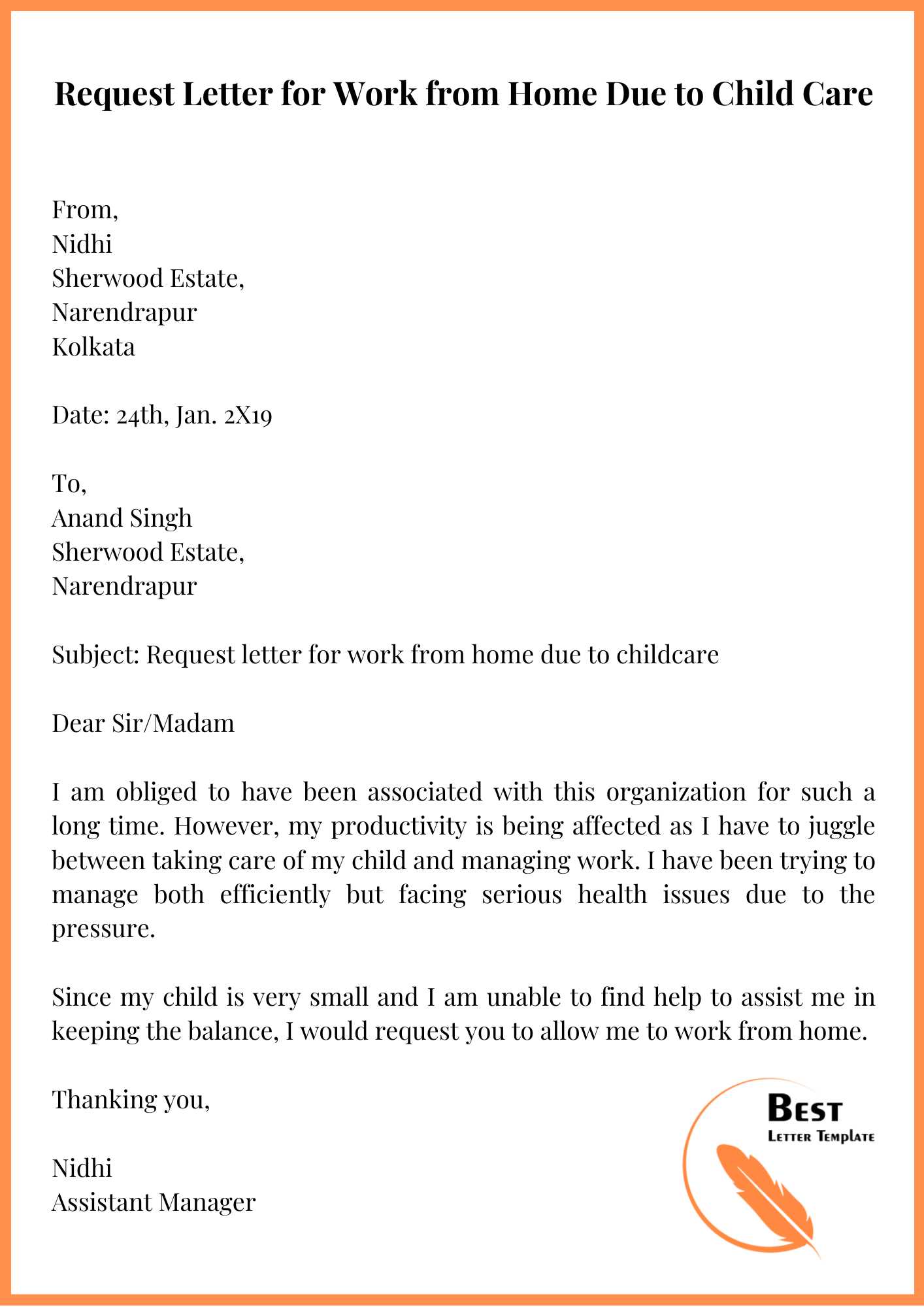
When it comes to getting your work noticed by publishers or literary agents, a well-written introduction can make all the difference. A compelling opening can spark interest and set the stage for further engagement. It’s essential to present your project clearly and professionally, giving the reader just enough to spark curiosity while maintaining brevity.
Understanding how to present your ideas effectively is key. The goal is to highlight the uniqueness of your project and convey your passion without overwhelming the recipient. By structuring your communication properly, you increase the chances of leaving a lasting impression.
Tailoring your approach to each recipient is also crucial. Different agents and publishers may have specific preferences, and adjusting your message accordingly can demonstrate your understanding of their needs. Crafting a personalized pitch can set you apart from others and show that you’ve done your research.
What is a Book Query Letter
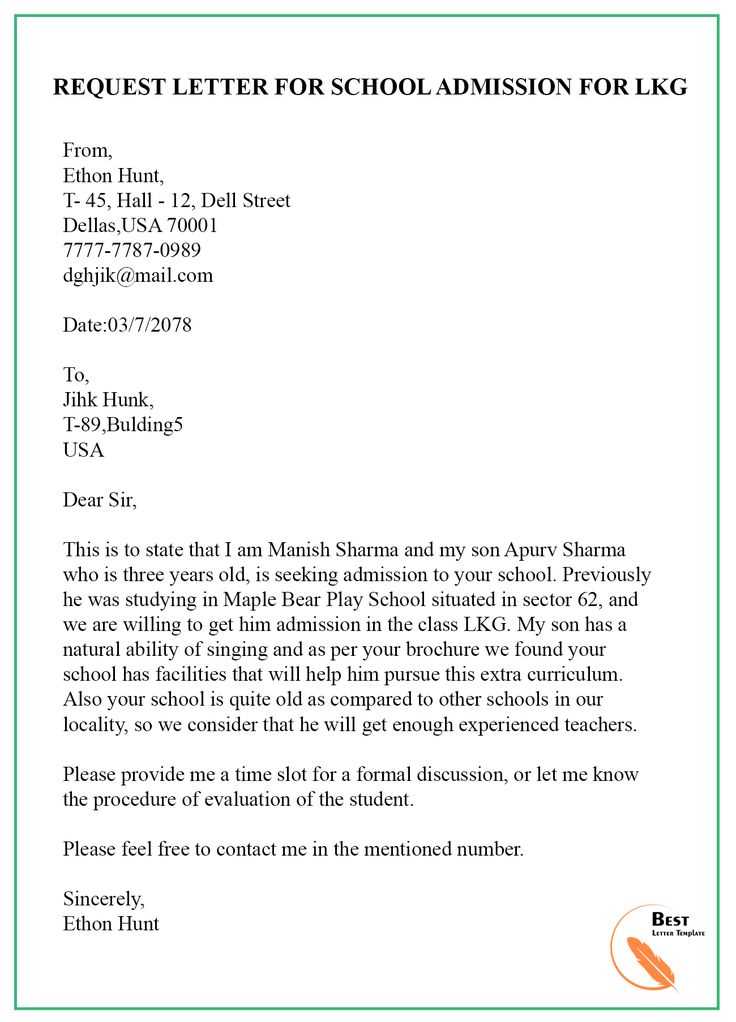
In the publishing world, an initial written communication plays a crucial role in introducing your work to potential agents or publishers. This message serves as a concise pitch, aimed at capturing the recipient’s interest and encouraging them to request more detailed information about your project.
Essentially, this type of communication is your chance to make a strong first impression. It needs to be direct, well-structured, and informative, presenting the core of your idea without overloading the reader with unnecessary details. By showcasing your project’s potential, you invite the reader to want to know more.
Typically, such a document includes a brief description of your work, highlighting the genre, theme, and unique aspects. It also often contains information about you as the creator, giving the recipient a sense of your qualifications or experience. The goal is to generate interest in a way that makes the reader want to take the next step in evaluating your full submission.
Understanding the Importance of a Query Letter
When attempting to connect with a literary agent or publisher, the first communication you send plays a pivotal role in determining whether your project will move forward. This initial message serves as your introduction and can significantly influence the recipient’s decision to engage further with your work.
The significance of this message lies in its ability to capture attention quickly and effectively. In an industry where professionals receive numerous submissions, standing out with a clear, well-crafted pitch can make all the difference. A thoughtful, engaging approach helps ensure that your project is given the consideration it deserves.
Not only does this communication serve to highlight the uniqueness of your project, but it also reflects your professionalism and understanding of industry standards. A well-written approach increases your chances of forming a successful connection and moving your work into the next stages of the publishing process.
Key Elements to Include in Your Letter
When crafting an introductory message for potential agents or publishers, it’s essential to focus on the most important details that will make your submission stand out. A clear structure helps convey the necessary information in a concise manner, ensuring that you make the best possible impression.
Basic Information to Include
In your initial communication, it’s crucial to present the fundamental aspects of your project. This includes a brief summary of your work, an overview of the genre, and any relevant background information about yourself as the creator. Be sure to also mention why you are submitting to this specific agent or publisher, highlighting their expertise or specific interest in your genre.
Engaging the Recipient
While factual information is important, your message should also engage the recipient emotionally. Use compelling language to convey the uniqueness of your idea, emphasizing what makes it stand out in a crowded market. Striking the right balance between professionalism and enthusiasm can help draw attention to your work.
| Element | Description |
|---|---|
| Project Overview | A concise, clear description of your work’s premise and key themes. |
| Genre | State the category your work falls under, ensuring it’s specific and accurate. |
| Personal Credentials | Briefly mention any relevant experience or accomplishments that support your credibility as a creator. |
| Connection to Publisher | Explain why you believe this particular publisher or agent is the right fit for your work. |
Common Mistakes to Avoid When Querying
When reaching out to potential agents or publishers, the way you present your work can significantly impact your chances of success. Even a small misstep can lead to your message being overlooked or ignored. Understanding the common pitfalls can help ensure that your approach is as effective as possible.
Overloading with Information
While it’s important to provide enough context, overwhelming the recipient with excessive details can be detrimental. Keep your communication concise and focused on the key aspects of your project. Avoid lengthy descriptions or extraneous information that could detract from your main message.
Failing to Personalize Your Approach
Sending a generic message to every agent or publisher is a mistake that can quickly be spotted. Take the time to research each recipient and tailor your submission to their specific interests or expertise. Personalization shows that you’ve made an effort and that you understand their needs, which can make a significant difference in their response.
How to Tailor Your Query for Agents
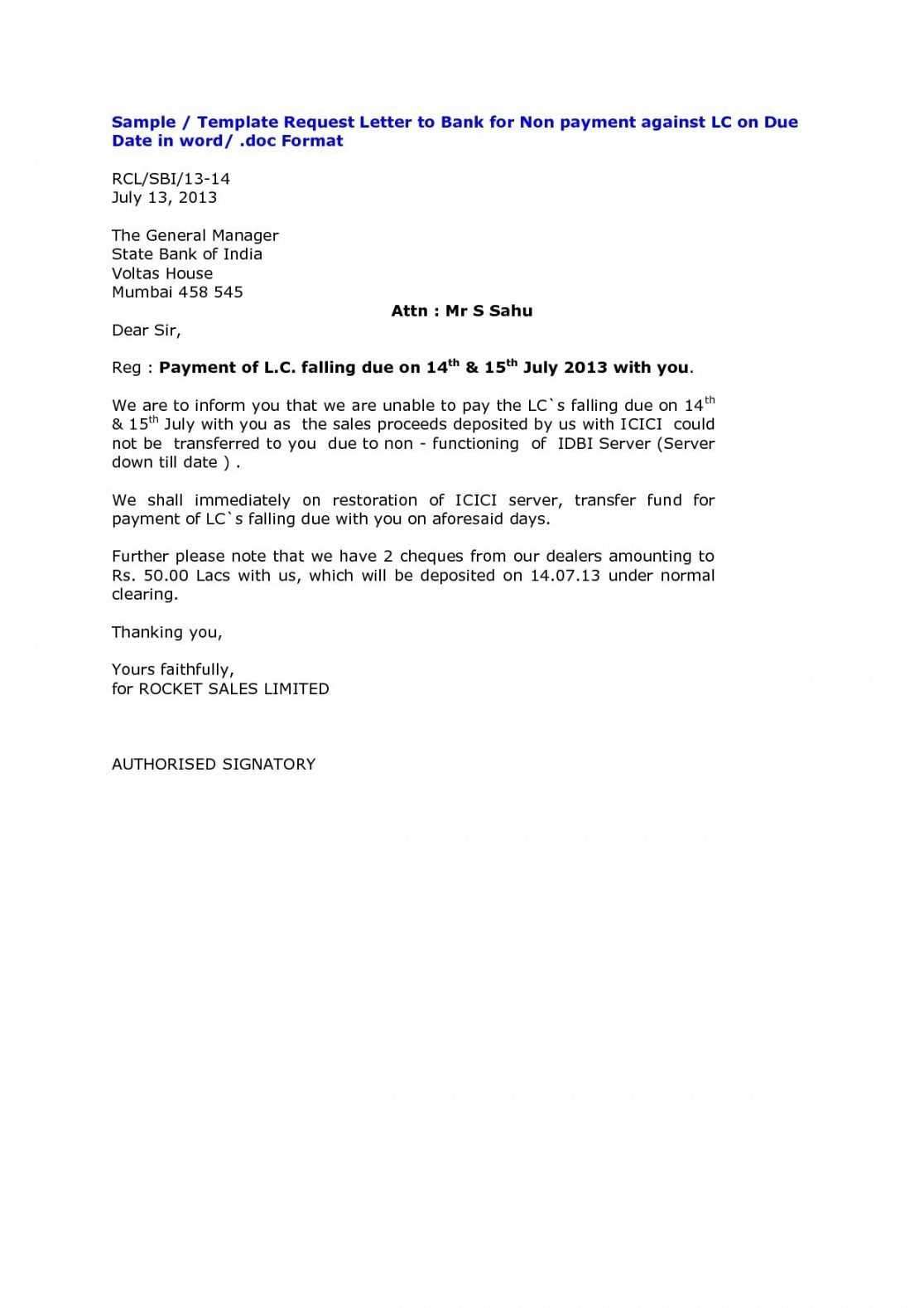
When reaching out to agents, it’s essential to customize your communication to reflect both your work and the specific agent you’re contacting. A personalized approach not only shows that you’ve done your research but also demonstrates your understanding of the agent’s preferences and interests, which can significantly increase your chances of a positive response.
Research the Agent’s Preferences
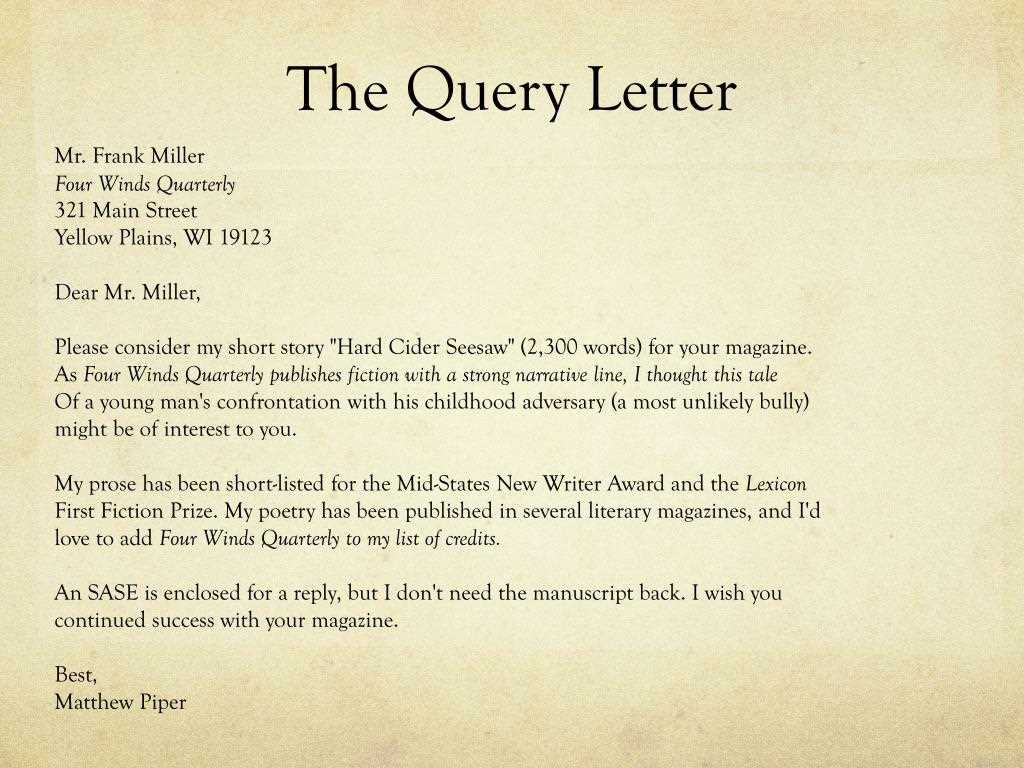
Before drafting your message, take time to understand what the agent is looking for. Different agents have varying tastes, and a submission tailored to their specific interests is far more likely to catch their attention. Consider the following:
- What genres does the agent represent?
- What kinds of authors or projects have they worked with before?
- Do they have any special preferences or guidelines mentioned on their website or social media?
Adjust Your Tone and Focus
Each agent may respond better to a particular style or tone. Pay attention to their public persona and past interviews, which may offer clues about the type of approach they prefer. You can modify your tone to match their expectations, whether they lean more towards formal or casual communication.
- Start by referencing their previous work or clients to establish a connection.
- Highlight elements of your work that align with their interests or previous projects they have represented.
- Keep the message focused on how your project fits into their portfolio, showing that you’ve thought about what they value.
Effective Strategies to Grab Attention
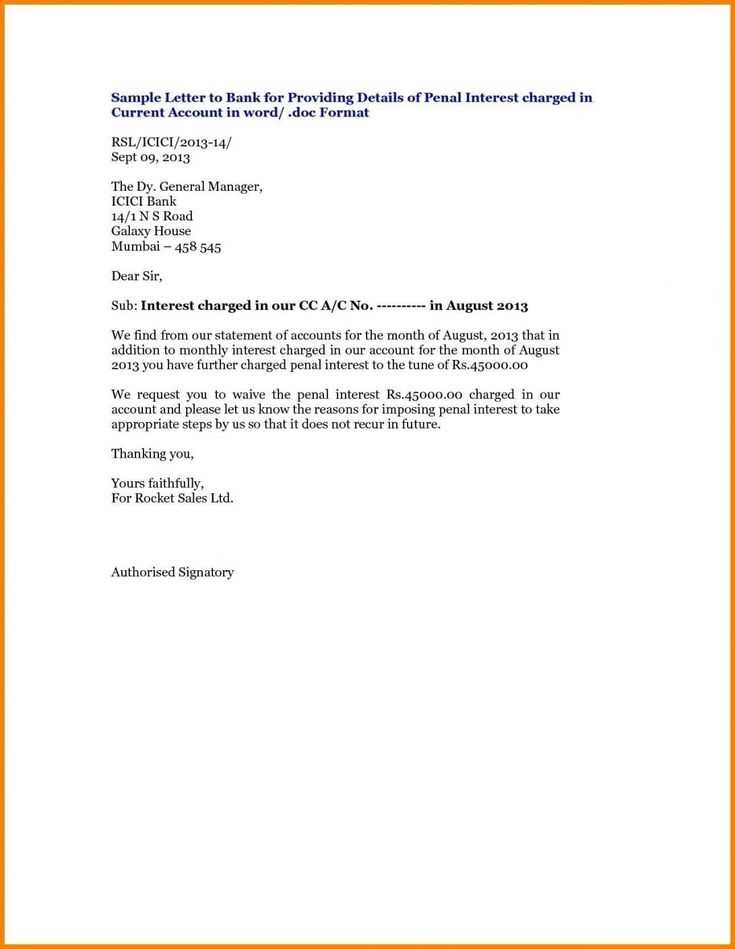
When reaching out to potential agents or publishers, capturing their attention in the first few lines is crucial. With so many submissions to review, a strong opening can make the difference between your message being read or ignored. Using the right strategies can help ensure your communication stands out and sparks interest.
Craft a Strong Opening
The first few sentences of your message should immediately grab the reader’s attention. Here are some ways to achieve this:
- Start with a compelling hook or unique aspect of your project.
- Highlight what sets your work apart from others in the same genre.
- Consider using a thought-provoking or intriguing statement that invites further reading.
Keep It Concise but Impactful
While being concise is important, it’s essential that every sentence adds value to your message. Focus on what matters most:
- Present the core concept of your work in a brief but compelling way.
- Focus on the uniqueness of your idea without overwhelming the recipient with excessive details.
- Make sure your enthusiasm comes through, but keep the tone professional.